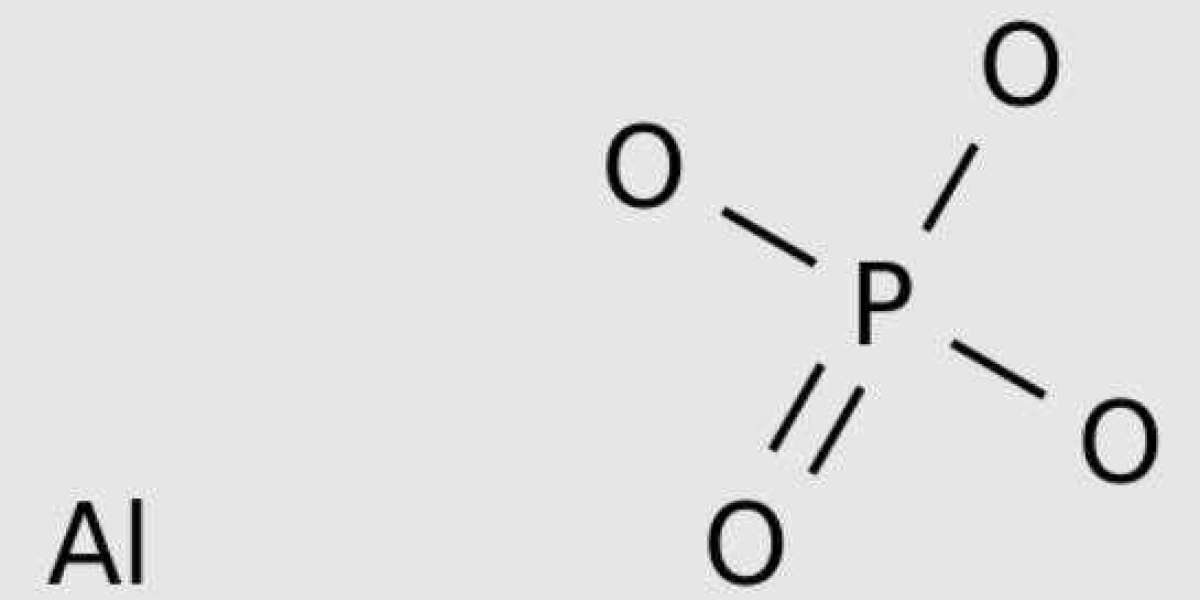Are you familiar with the composition of sodium Aluminium phosphate? For many years, some people have believed that it is a harmful ingredient. This article explores the safety of this ingredient to see if sodium Aluminium phosphate poses a health risk.
What is sodium Aluminium phosphate? Where can I find it?
Sodium Aluminium phosphate is a common ingredient in baking powder and processed cheese.
In baking powder, Baker use it as acid to provide the chemical reaction required for fermentation of baked goods. Sodium Aluminium phosphate reacts with heat and other fermentation ingredients to make baked goods swell. Manufacturers usually use it in industrial baking to make products such as cookies, muffins, biscuits, waffles, etc.
Household baking powder usually does not contain aluminum, as the leveling ingredients typically produce the required chemical reactions for moisture rather than heat. -
In processing cheese, manufacturers use it to create a smooth and soft texture that is easy to melt and slice.
Why do some people think it is harmful?
Sodium Aluminium phosphate contains two components of concern: phosphate and aluminum.
As is well known, excessive intake of phosphorus can cause damage to the kidneys, especially in people with kidney disease. Sodium Aluminium phosphate is considered as a phosphorus component. -
In addition, some studies have shown that excessive exposure to aluminum, especially in occupational environments such as aluminum production, may cause adverse reproductive and neurological health effects (1,2). As we know, harm does not equal risk, and we are unlikely to come into contact with harmful levels of aluminum in the components we use in our daily lives.
What does science say about safety?
The US Food and Drug Administration (FDA) recognizes that sodium Aluminium phosphate is a GRAS ingredient and will not pose a threat to health unless consumed in large quantities. It is unlikely that someone ingests enough sodium Aluminium phosphate to cause injury. -
In 2018, the European Food Safety Authority (EFSA) reviewed sodium Aluminium phosphate, known as E 541 in Europe. In the safety analysis, they considered the bioavailability of sodium Aluminium phosphate. In this case, bioavailability refers to the amount of e541- absorbed by our body after consumption. Due to the limited absorption of e541 and its limited use in products, - the European Food Safety Authority has determined that - e541 is safe in typical quantities.
What should I remember?
Remember, dosage determines toxicity (1,2). In order to cause harm, sodium Aluminium phosphate needs to be repeatedly exposed to this component. This kind of exposure needs to be many times larger than the exposure we encounter in daily life. -
It is worth noting that the FDA and EFSA consider vulnerable groups such as young children and individuals with health issues when proposing safety recommendations. If an ingredient affects people's health, it can be banned and no longer sold, or may contain additional warnings for people with specific health conditions
The good news is.
As our research on ingredients deepens, we can understand how they affect our health. When organizations such as the FDA and EFSA use the latest risk assessment protocols to review ingredients, we have gained a more comprehensive understanding of food safety.






